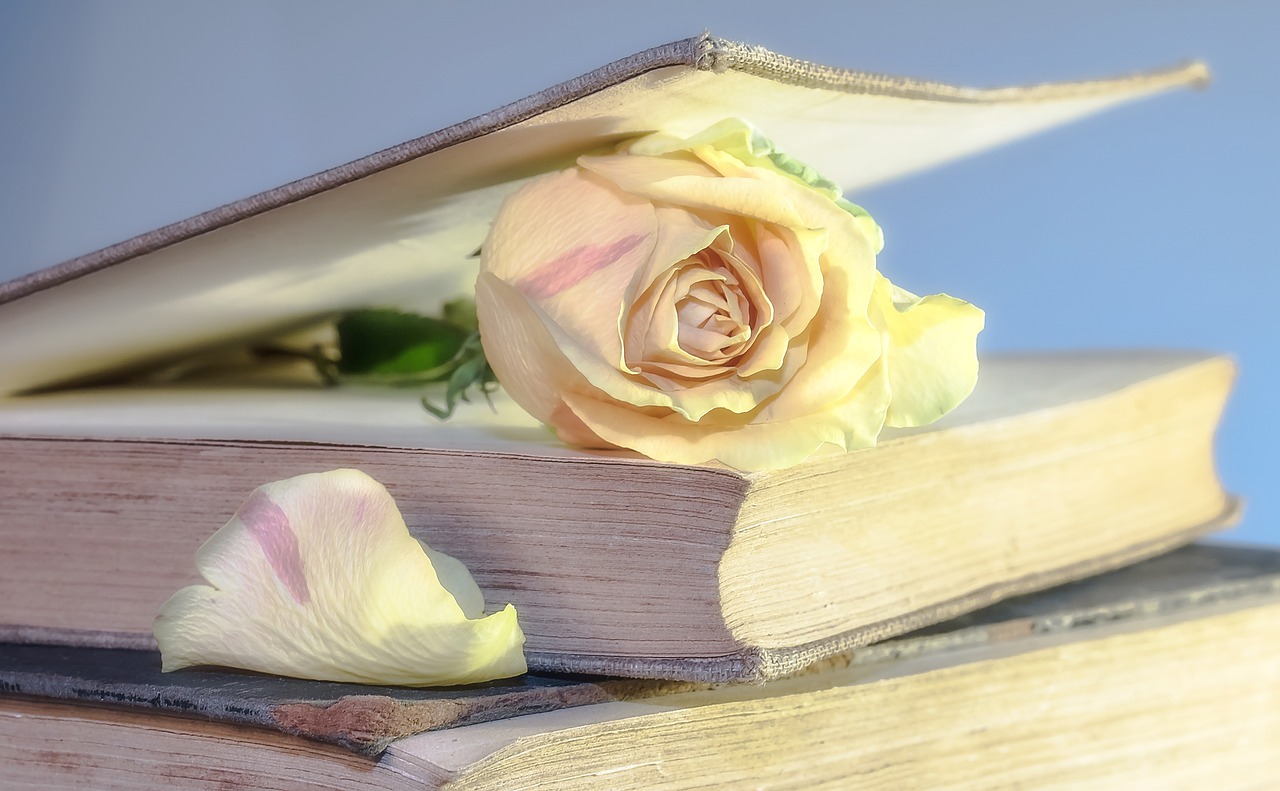Poems from Charles Baudelaires Collection of Poetry Les Fleurs du mal/4
Charles Baudelaire’s poetic flower garden exudes a great multitude of fragrances. The most exquisite of them enable us to achieve what Baudelaire regarded as the most noble goal of his poetry: they allow us to „catch a glimpse of paradise“.
Poetic Monuments to Perfect Moments
If we want to compare Baudelaire’s poems – as the title Fleurs du mal suggests – with plants, we should perhaps imagine them as those exotic flowers that blossom only rarely, very briefly and moreover unexpectedly, often in the middle of the night. Lovers of these flowers must therefore always be ready for the extraordinary moment when the luminous fragrance of the blossoms spreads around them like a gloriole, making those who are lucky enough to witness the rare spectacle forget everything around them.
This exceptional moment that lifts one out of the stream of time is what Baudelaire’s poetry is essentially aiming at. It wants to break through the inherent imperfection of human existence for a brief moment by transforming a fleeting glimpse of perfection into a work of art and thus making it accessible to the reader.
Imperfection as a Fertiliser for Perfection
This does not at all mean that the underlying „state of excitement“ has to be perfect itself. Rather, perfection can also arise precisely from the suffering of imperfection, from the longing for a life that is not marked by transience, injustice and baseness. In Baudelaire’s words:
„When an exquisite poem brings tears to one’s eyes, these tears are not an expression of exuberant joy. Rather, they refer to the refined melancholy (…) of a being chained to a state of imperfection, who at this very moment, on this very earth, would like to catch a glimpse of paradise.“
This idea also underlies one of Baudelaire’s most famous poems. In La mort des amants (The Death of Lovers), it is precisely the transience of love that is the starting point for the dream of a perfection that transcends time.
What at first seems paradoxical, finds its justification in the nature of love when considered more closely: even if love is imperfect due to its inevitable passing, fulfilled love can still convey an idea of paradisiacal perfection. Love is therefore particularly suited to creating a vision of perfection out of the suffering of the imperfection of existence.
The Death of Lovers
Our beds will be bathed in fleeting fragrances
and our pillows deep as graves,
while the secret gleam of rarest flowers
will conjure up immaculate skies.
Competing in consuming their warmth,
our hearts will flare as mighty torches,
reflecting their fraternal flames
in the twin mirrors of our minds.
On a rose-red, mystical-blue evening
an unprecedented glow, imbued with farewell,
will flow like a sob from one to the other.
And later on an angel, opening the gates ajar,
will mercifully breathe new life
into the gloomy mirrors and the faded flames.
Charles Baudelaire: La mort des amants from: Les Fleurs du mal (The Flowers of Evil; 1857), p. 339. Paris 1868 (Œuvres complètes / Complete works, vol. 1)
Musical settings:
Joce Ménard: La mort des amants (from the album Y’a des jours; 2010):
https://jocemenard.bandcamp.com/track/la-mort-des-amants
David Babin (Babx; 2012):
Quotation: Charles Baudelaire: Notes nouvelles sur Edgar [Allan] Poe (New notes on Edgar Allan Poe; 1857). Preface to Poe, Edgar [Allan]: Nouvelles histoires extraordinaires (New extraordinary stories) [19 pages in four sections]; here: fourth section. Paris 1884: Quantin.
Image: Gerd Altmann: Heaven (Pixabay)


Hinterlasse einen Kommentar